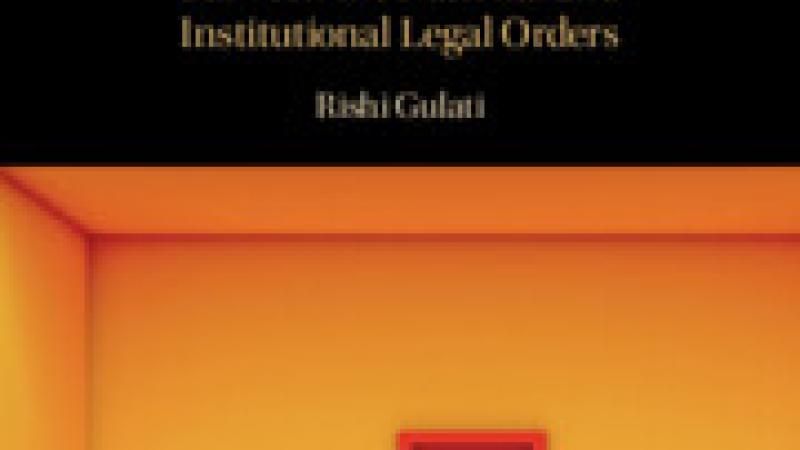
We live in a denial of justice age when it comes to the individual pursuit of justice against international organisations (IOs). Victims of institutional conduct are generally not provided reasonable means of dispute settlement at the international level. They also have been unable to seek justice at the national level due to IO immunities, which aim to secure institutional independence. Access to justice and IO independence are equally important values and realising them both has so far proven elusive. Private international law techniques can help allocate regulatory authority between the national and institutional orders in a nuanced manner by maintaining IO independence without sacrificing access to justice. As private international law rules can be adjusted nationally without the need for international action, the solution proposed can be readily implemented, thereby resolving a conundrum that public international law has not been able to address for decades.
- Clarifies the interaction between various branches of international law, including human rights, international institutional law, and private international law
- Introduces critical concepts clearly and accessibly, making this an ideal text for practitioners, government officials, NGOs, academics, and students
- Offers a practical, balanced, and readily implemented solution to a fundamental problem